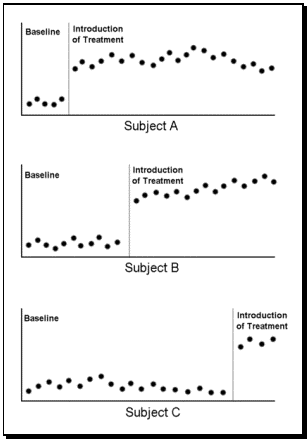
Undertakers Aren’t Funny + Other Insights From Humor Research
They say the best way to ruin a joke is to explain it. But conducting a scientific study on it must be a close second.
Humor research is a serious field of investigation that has produced several serious insights in recent years. Here are some of the more interesting:
1. Undertakers aren’t funny
Apparently mortuaries are where humor goes to die. In a 2001 study titled Undertakers’ Sense of Humor, researchers from University of Nebraska at Omaha’s Department of Gerontology found that 60 morticians scored lower on a sense of humor survey than 136 men from other professions.
While we’re on the topic of correlations between sense of humor and occupation, one can’t help but wonder where humor researchers fit into the mix!
2. Comedians are a little more psychotic than normal
Speaking of funny occupations – comedian has to be pretty high on the list, right?
Now here’s another list comedians are high on: occupations associated with psychotic traits. A British study titled Psychotic Traits in Comedians found that comedians scored higher than average on all four psychotic traits surveyed, especially on the traits introverted anhedonia and extraverted impulsiveness.
3. The funny die young
A 2015 study titled Does Comedy Kill? surveyed 53 British comedians, looking for a connection between humor and mortality. Comedians were rated on a scale of 1 to 10, with 1 standing (somewhat euphemistically) for “relatively funny” and 10 for “hilariously funny.”
When the researchers ran the numbers, they found that comedians who received an average score of between 8 and 10 died an average of 9 years younger than the rest. The researchers suggest that “elite comedians” may be more likely to have certain personality traits and mental health problems that “explain their reduced longevity.”
4. Professionals joke more spontaneously
A good joke is any joke that makes you laugh. But a professional joke may be one that’s spontaneous.
To learn about comedians’ brain processes, researchers from University of Southern California had professional and amateur comedians generate funny cartoon captions while stuck inside fMRI machines. (I’m laughing already!)
The brain scans suggested that professional comedians relied more on spontaneous associations to generate humor while less experienced amateurs were more methodical in searching for funny associations.
Image: Flickr/Thomas Leuthard under CC BY 2.0